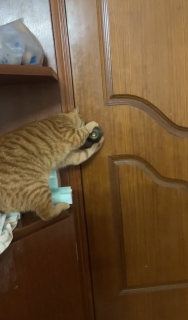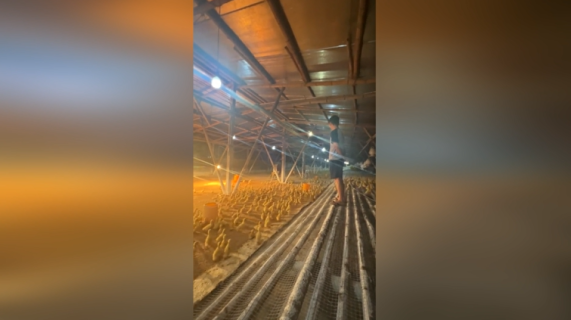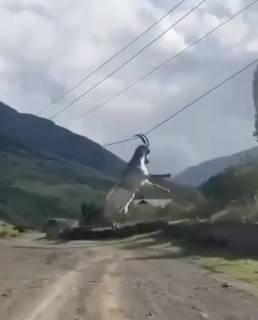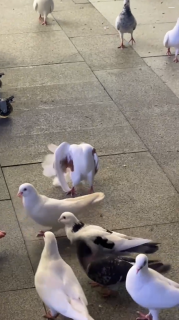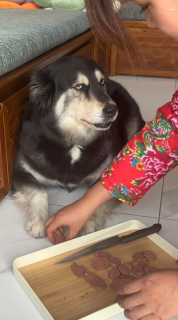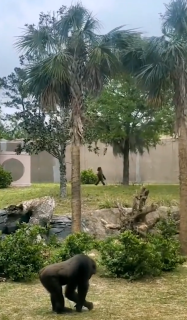ラバのお腹から炎が噴出!?Flames spout from bloated mule’s belly during vet’s unconventional treatment
この映像について
管理番号
VRP148354
投稿日
2024.03.15
動画の長さ
00分00秒
カテゴリー
動物
説明
A veterinarian treated a bloated mule by poking a needle in its belly to release the gas that suddenly ignited.
The odd treatment method was caught in a video filmed on a farm in Enshi, in Hubei, China, on March 9.
But what was even more bizarre was the vet, Dr Wu, calmly observing the escaping gas catch on fire.
Phone footage shows a flame pillar forming on the donkey's belly during the treatment, and the flame continues to burn.
According to Dr Wu, the veterinarian, the mule was bloated due to appendicitis.
This was because the animal ate too much, leading to indigestion and the accumulation of carbon dioxide and methane in its body.
He explained that the unorthodox method seen in the video can alleviate the donkey's suffering without causing harm.
According to experts, 'intestinal gas disease' is mainly caused by overfeeding or grazing on succulent and juicy grass (especially leguminous grass such as alfalfa).
Excessive forage, when blocked in the stomach and intestines, rapidly produces gas through fermentation.
The gas cannot be expelled promptly due to the excessive forage, leading to intestinal gas disease.
This is an acute illness, with initial symptoms of intermittent abdominal pain, and severe cases may lead to intestinal torsion, intussusception, or intestinal rupture resulting in death.
The typical treatment for bloating disease in animals involves quickly releasing and decompressing the gas, stopping fermentation.
This can be achieved by inserting a stomach tube into the rumen to induce the expulsion of gas or by performing a puncture procedure.
Although lighting the gas may seem unusual, experts reassured it is part of a normal procedure. Typically, experienced veterinarians use a trocar to extract gas from the animal's body.
Since the expelled gas is mainly combustible methane, the peculiar phenomenon of fire spouting occurs.
タグ

